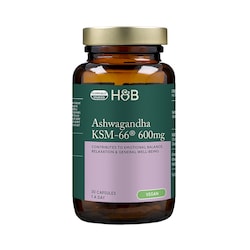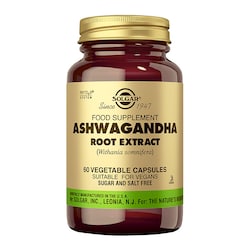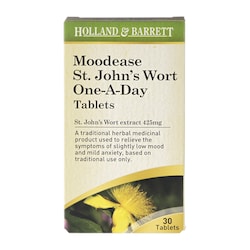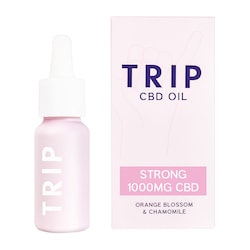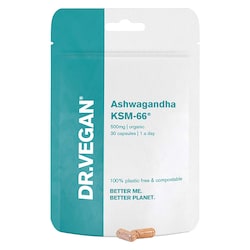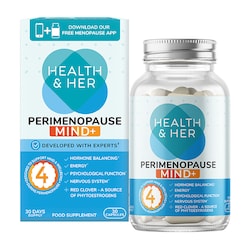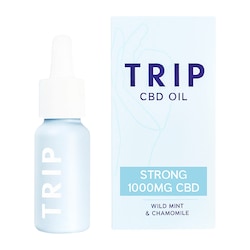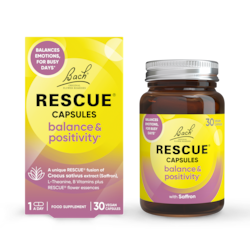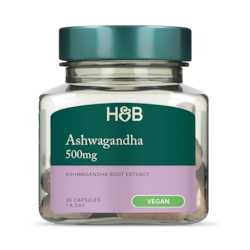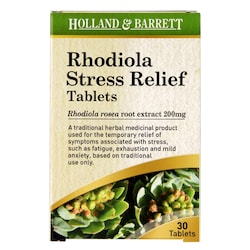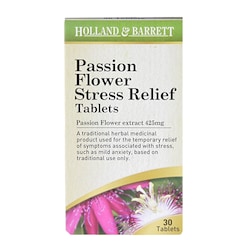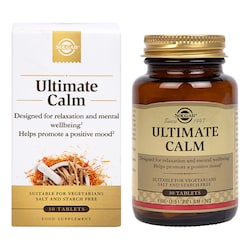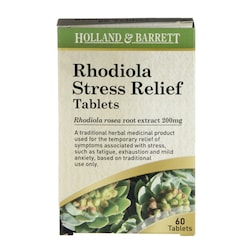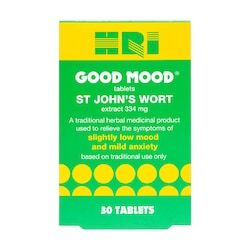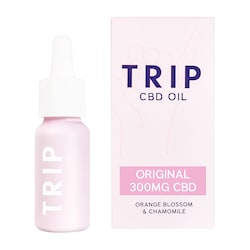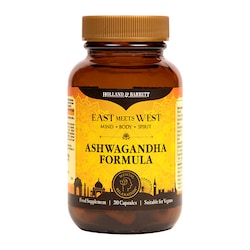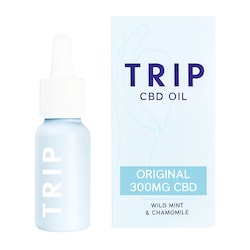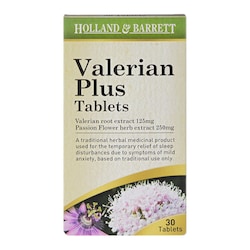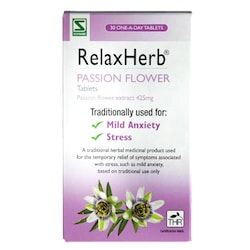15% off £30 OR 20% off £40
Code:DECIDE
Does caffeine cause anxiety?

If you get anxiety, you should know about the caffeine link.
Anxiety is an extremely common issue in the modern world. 1 in 6 people in England experiences a common mental health problem such as anxiety in any given week, with the true figure likely to be much higher. 1 With anxiety this prevalent, you’d be forgiven for assuming anything which has been reported to cause symptoms similar to those of anxiety wouldn’t be too popular.
Wrong! According to the British Coffee Association, we now drink approximately 95 million cups of coffee per day in the UK, with each cup packing around 100mg of caffeine. Of course, it’s not just coffee which contains caffeine. Tea, green tea, chocolate, energy drinks and energy bars also contain caffeine – as well as some painkillers. If you love the buzz a caffeinated drink gives you, there is a relationship between caffeine and anxiety you should be aware of.
Anxiety’s symptoms include: 3,4
- Rapid heartbeat
- Sweaty palms
- Shaking hands
- Heart palpitations
- Racing thoughts
- Trouble sleeping
Side effects of ingesting caffeine can include:
- Increased heart rate
- Trouble sleeping
- Shaking hands
- Anxiety
In some people, caffeine can trigger the same type of physical feelings as anxiety. For example, caffeine stimulates the central nervous system and temporarily increases blood pressure and heart rate. 5 This can mimic feelings of anxiety. One study linked caffeine consumption with stress, depression and anxiety in secondary school-age children. 6
Caffeine can disrupt sleep and make it more difficult to relax and unwind in the evening. Remember, caffeine stays in your system for several hours after ingesting it – its half-life is around 5 hours. This means that from your cup of coffee, tea or energy bar, it takes 5 hours for half the caffeine to leave your system. So, having caffeine in your system makes getting to sleep and having a restful night more difficult. 7 This in turn can cause anxiety.
How much caffeine affects anxiety?
Drinking enough coffee to ingest 1000mg (that’s around ten cups!) has been shown to cause insomnia, restlessness and agitation. 8
Is it OK to drink coffee with anxiety?
It’s important to know that while caffeine anxiety is real, everyone has their own individual tolerance for caffeine. Some people seem to be able to drink several coffees per day without any adverse anxious effects. Others find that even one cup can leave them with the jitters.
If you drink coffee and have anxiety, it’s a good idea to avoid caffeine and see if your symptoms improve. You may need to wean yourself off by cutting down gradually over the course of a week. Keeping a diary can help with this – make a note of your caffeine consumption and any anxiety symptoms and see if you can spot a correlation.
Can caffeine reduce anxiety?
If you associate unwinding with a cup of coffee, it’s likely the warmth of the drink, the coffee scent and the ritual which relaxes you rather than the caffeine. To get the same effect without the buzz, try decaffeinated coffee which usually has up to 97% of the caffeine removed. 9
How to reduce caffeine in your diet
Aside from making the switch to decaf, you could try a coffee substitute made from chicory, dandelion root, maca or barley. Naturally caffeine-free, these behave like coffee with flavours ranging from mild to bitter. Try replacing one cup of your usual coffee with a coffee substitute to see if you can still get the same pick-me-up without the caffeine. Cut back on fizzy drinks, as these can come with up to 100mg caffeine per can. 10


